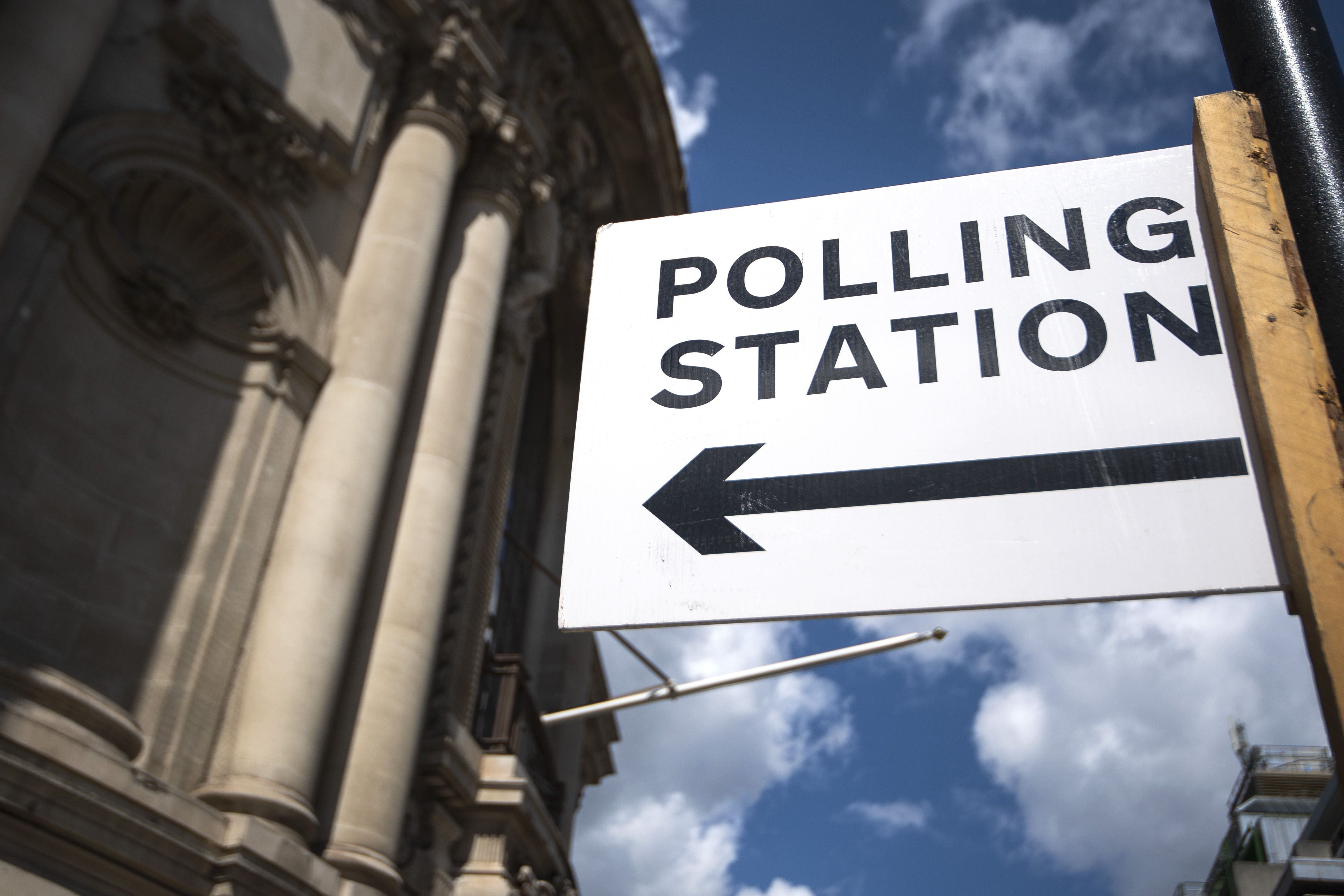Why was my grandson stopped from using his ID to vote – and I wasn’t?
Letters to the editor: our readers share their views. Please send your letters to letters@independent.co.uk

My grandson called me around lunchtime on 4 May, this is unusual, he calls Christmas and birthdays.
He told me he was turned away from the polling station, he had his photo ID But it was on his student card and this is apparently not an acceptable form of identity.
The introduction of photo ID feels to me to be an obvious ploy to stop people voting, mainly the poor and the younger generation who are the ones most likely to not have the required ID.
I would also say they are probably the most likely to vote against the current government.
Tony B
Axminster
Foreign aid budget blunders
I am writing to express my deep concern about the decision by the Conservative government to reduce the UK’s Official Development Assistance (ODA) budget, otherwise known as the foreign aid budget.
ODA is crucial in addressing global poverty, which affects millions of people around the world. It provides resources to support sustainable development and poverty reduction in developing countries, helping to improve access to basic services, strengthen governance, promote economic growth, and support humanitarian efforts.
However, the recent decision by the Conservative government to reduce the UK’s ODA budget from 0.7 per cent to 0.5 per cent of gross national income (GNI) is deeply concerning. This cut will have a devastating impact on the world’s poorest people and undermine the progress made in reducing global poverty. It is also in direct contradiction to the UK’s commitments to the United Nations Sustainable Development Goals.
In addition to cutting the foreign aid budget, Rishi Sunak has been criticised for letting the Home Office and other domestic departments use the money, and stretching the rules on what can be counted as aid. In 2022, the Centre for Global Development predicted that over half of the UK’s foreign aid budget would be spent domestically, much of which has gone towards housing Ukrainian refugees. Therefore, the notion that 0.5 per cent of GNI is spent on foreign aid is quickly becoming meaningless.
As a nation, we have a responsibility to help those in need, regardless of their location. Organisations such as The Borgen Project, which are dedicated to minimising global poverty, are fighting to prevent this from happening further. I therefore urge you to contact your leaders in support of the ODA and increasing funding to those living in extreme poverty. The problem of global poverty is huge, but every call, email and letter can make a difference.
Emily Moudiotis
London
Monarchy matters
Judith Daniels (letters, 5 May) is right to conclude that a hereditary head of state with limited powers is the best available mechanism for providing the stability and continuity that is so essential in a parliamentary democracy.
Those opposing the monarchy have yet to propose a better alternative. An election for the position is an appalling prospect. What would be the electorate? What would be the interval between elections? How would candidates be selected?
Similarly, an appointment by a committee of the Great and the Good begs the question of how the committee members themselves would be appointed. We should hang on to a system which has worked for centuries and does no harm.
John Wilkin
Bury St Edmunds
Choose a life partner wisely
Simon Kelner’s article on divorce is quite accurate, and painful reading. My husband and I quietly celebrated our fiftieth anniversary this April; I am one of the few women from my university year who is still married to the same man. I can certainly claim no special merit.
Meanwhile, we are coming to terms with our daughter’s divorce, which she did not want or deserve. My advice to men thinking of getting married is to make your choice with care, and stick to it.
(Dr) Merryn Williams
Oxford
Holyrood held to account at last
A committee of former ministers, senior civil servants and special advisers has, remarkably frankly, described Scottish government decision-making as “rushed, unclear and unstructured”.
I think many of us could have inferred that from what we have seen of poorly drafted legislation which has been rushed through Holyrood. The verdict is that the perceived need for speed has been paramount, and not for the better, while “even clear financial rules… were not always implemented fully… because sometimes it was seen as bureaucratic or as optional”.
Government by ministerial announcement has overridden careful policy development, and the opinions of the first minister and her deputy predominated. The committee’s report is a lengthy and sorry commentary on the deficiencies of government in Scotland under the SNP.
The lack of business and commercial expertise, and the fact that “civil servants didn’t always know to seek specific expertise” is a damning comment on the system at Holyrood, which very clearly is not fit for purpose and requires to be overhauled.
Jill Stephenson
Edinburgh






Join our commenting forum
Join thought-provoking conversations, follow other Independent readers and see their replies
Comments